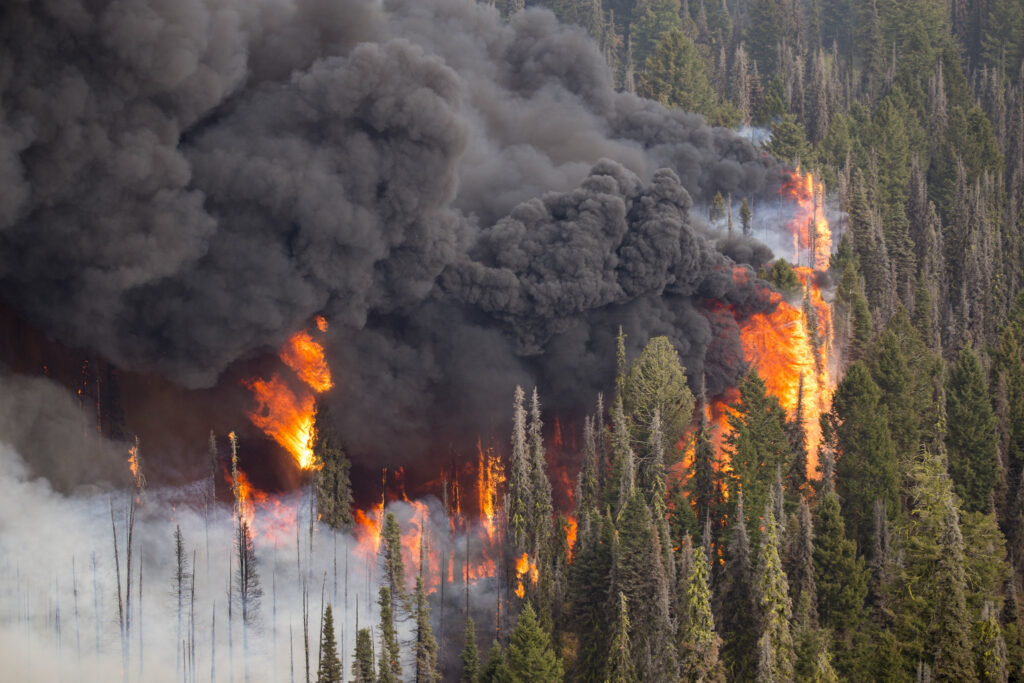
Written testimony submitted to the U.S. House Natural Resources Committee, Subcommittee on Federal Lands Hearing on H.R. 200, H.R. 1473, H.R. 1567, and H.R. 1586
Main Points
- Closing the Forest Service’s 80-million-acre forest-restoration backlog is essential to conserve forests, maintain wildlife habitat, and tackle the wildfire crisis.
- The Forest Service cannot shrink the backlog if it remains bogged down by bureaucracy and litigation.
- In Cottonwood, the Ninth Circuit invented an unnecessary bureaucratic obstacle to forest restoration and encouraged litigation to upend this work, while producing no benefits for listed species.
- Numerous conservation organizations and three presidential administrations have supported fixing Cottonwood to streamline needed forest restoration.
Introduction
Bozeman has been ground-zero for Cottonwood and for litigation challenging forest restoration generally. In fact, one of the targets of the Cottonwood case was the Bozeman Municipal Watershed Project in PERC’s backyard. The project area is the main source of Bozeman’s water. It’s also where I (like countless other Bozeman residents) teach my kids to hike, appreciate nature, and enjoy the outdoors. The cottonwood case, brought by self-described “radical environmentalists,” contributed substantially to a 15-year-delay in the project and kept Bozeman exposed to the risk that a catastrophic wildfire would mar our viewshed, scorch wildlife habitat and cherished recreation areas, and leave the city with a mere three days of drinking water.
Our national forests face an 80-million-acre backlog in need of restoration—a backlog that leaves our forests with excess fuels, more vulnerable to insects and disease, and less resilient to climate change and drought. The Forest Service has struggled to treat more than a few million of those acres per year. And as reflected in Chairman Tiffany’s ACRES Act (H.R. 1567), the Forest Service’s method of tracking and reporting these acres has historically overstated the agency’s progress toward clearing the backlog.
To tackle the wildfire crisis fueled by this backlog, the Biden administration has developed an ambitious strategy to significantly increase its forest restoration work over the next decade, including treating an additional 20 million acres of national forest above the business-as-usual rate. Meeting that lofty but critical target will require greater efficiency in the years-long process of developing, approving, and implementing forest restoration projects. Allowing the temporary Cottonwood fix to expire and the Ninth Circuit’s decision to go into full effect would be a significant and unnecessary setback for forest conservation. That’s why the Obama, Trump, and Biden administrations have expressed concern about Cottonwood, why PERC and other conservation groups have supported a fix, and why legislative proposals to reverse it, like Representative Rosendale’s FIR Act (H.R. 200), have consistently received bipartisan support.



